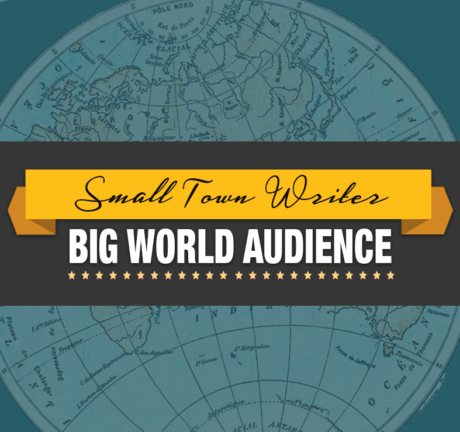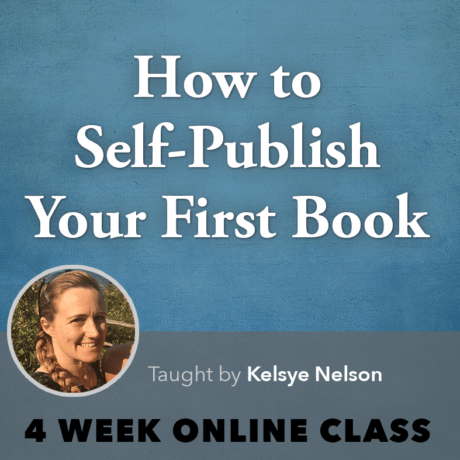

A Master of Fine Arts degree—or an MFA for short—is “a degree that signifies a professional artist has completed a series of rigorous courses in his or her art form and signals that someone is adept at his or her chosen craft, be it drawing or graphic designing or creative writing,” says Ilana Kowarski, senior reporter for U.S. News, in her article, “What an MFA Degree is and What You Need to Know.”
Getting an MFA degree, besides giving you in-depth knowledge about what you love, also gives you the necessary credentials to teach their art form at colleges and universities. Whether to get an MFA or not is one of the biggest dilemmas any upcoming writer faces. Besides the costs involved in getting an MFA, there is also the question of which type of MFA to obtain: high res or low res? How do you know which to choose, especially if you’re an older writer with additional responsibilities and commitments?
Low Res MFAs vs High Res MFAs
Fully-funded and/or full-time MFAs (high residency) are the traditional degrees offered by many universities, and also the most competitive. If they are not fully funded, they can cost you a fortune.
But low-res (low residency) MFAs are soon becoming popular due to their flexibility in schedule, independence, and more opportunity to have work critiqued. This type of degree is best for people with additional responsibilities. Since the responsibility of getting the work done falls solely upon the students, Low-res MFAs instill a strong work ethic among them, preparing them for the lifestyle of a writer.
This is what Val Brelinski has to say about choosing the right MFA for older writers.
Val Brelinski’s debut novel, “The Girl Who Slept with God,” was published by Viking Press in 2015. She’s a former Wallace Stegner Fellow and Jones Lecture at Stanford University, where she currently teaches creative writing.
When Val Brelinski first got truly interested in writing, she had no idea how it all worked. She knew nothing about MFAs (Master of Fine Arts) and had never read any literary magazines, coming from a rural town in Idaho. But what she knew was that she loved writing, having written several short stories, and wanted to become a published writer.
When she received an offer to get an MFA at the University of Virginia, she instantly said yes—and proceeded to pack up her things, sell her house and move to the big city with her family. If you’re an older writer feeling insecure about having to sit in a classroom full of young people, and you’re second guessing your decision to get your MFA, Val Brelinski has some valuable words of advice for you, based solely on her own experiences.
“It changed my life forever. That was quite a while ago and the internet did not exist. In order for me to find the people who I could surround myself with, who would teach me how to write, who would explain the publishing world to me, who would model what it’s like to be a writer and to live—they were all there… They were paying me to write, I got to teach university classes, I ended up being on a panel to choose a new faculty member. All of this happened because I was a grown-up, which meant the professors treated me more as if I was their peer than their student,” she says.

Sharika Hafeez
Sharika Hafeez is a nerd, and she’s proud of it. Growing up, she fell in love with books and writing, and is currently following her undergraduate degree (for some mysterious reasons) in Physics. She likes procrastinating by watching the stars with a steaming cup of tea, composing poetry in her head.







0 responses on "Choosing the Right MFA As An Older Writer"